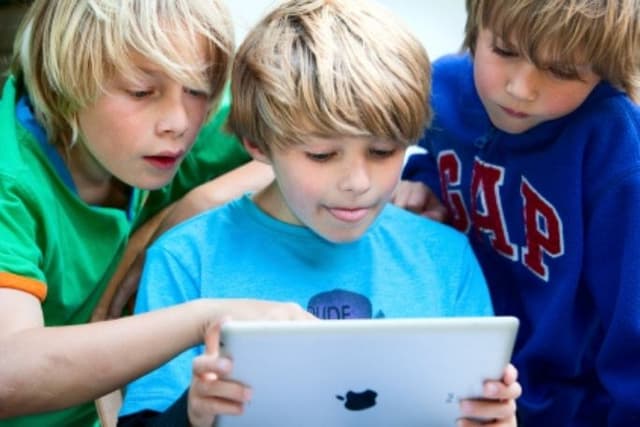
Clean Up Australia - Design Your School Waste Web Page
Lesson16 of 18 in this unit
SecondaryYear 9 - 10EnglishHumanities and Social SciencesGeography
Summary
Lesson Guides and Printables
Lesson Plan

Student Worksheet

Teacher Content Info


Lesson Plan

Student Worksheet

Teacher Content Info
